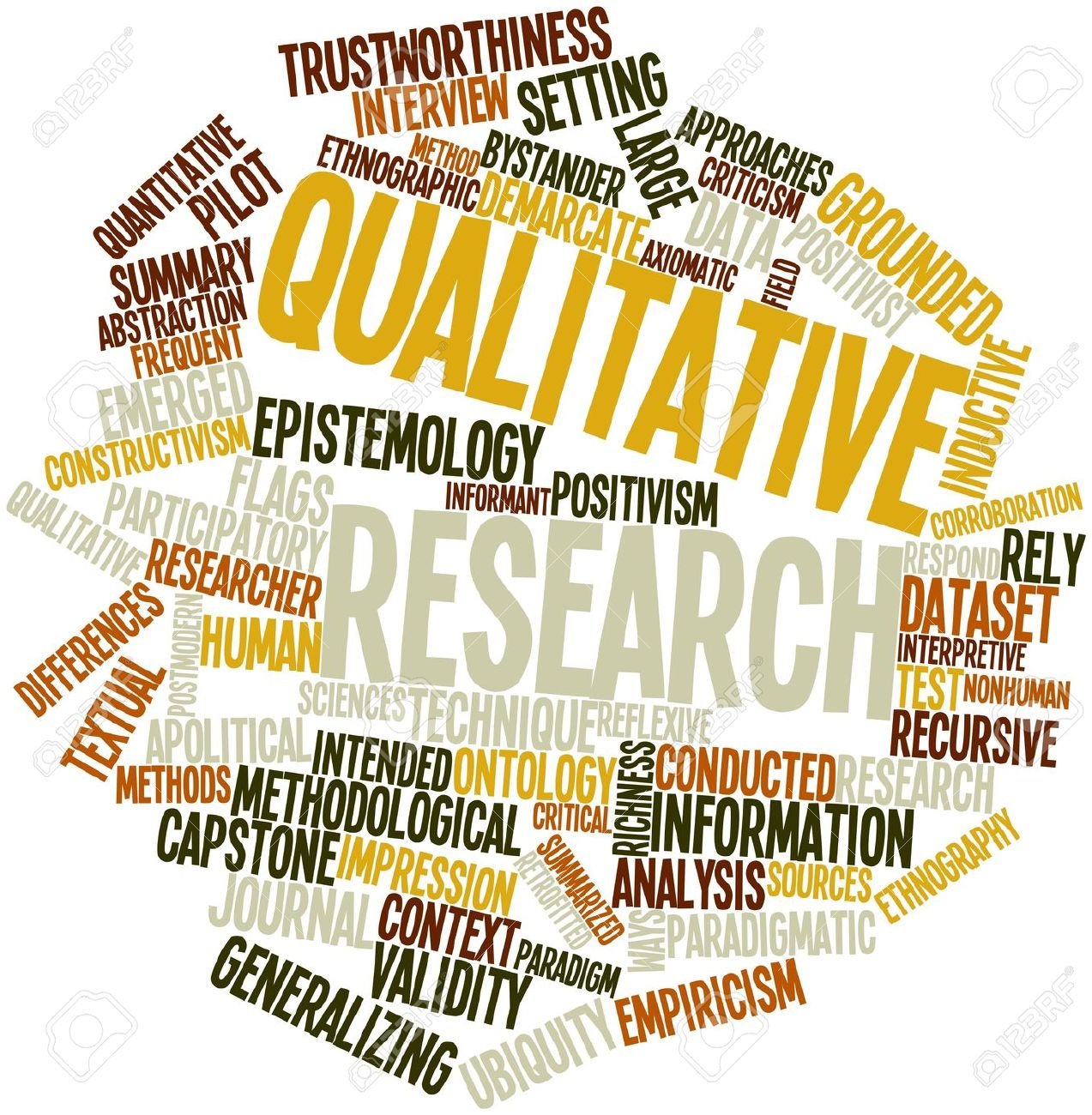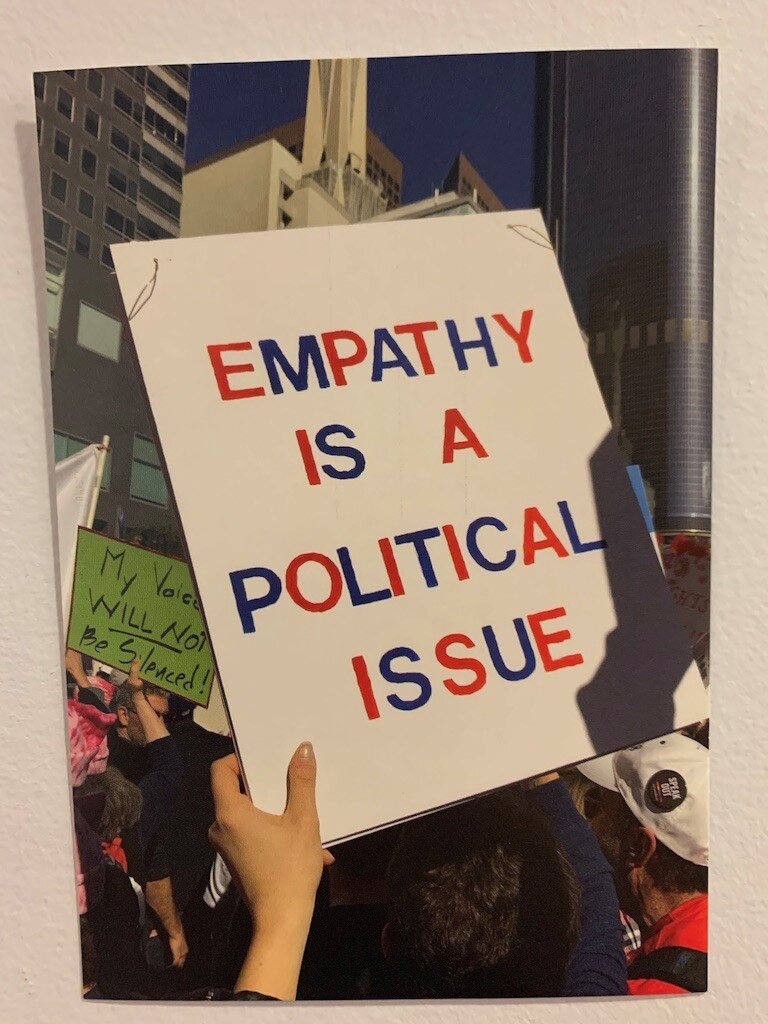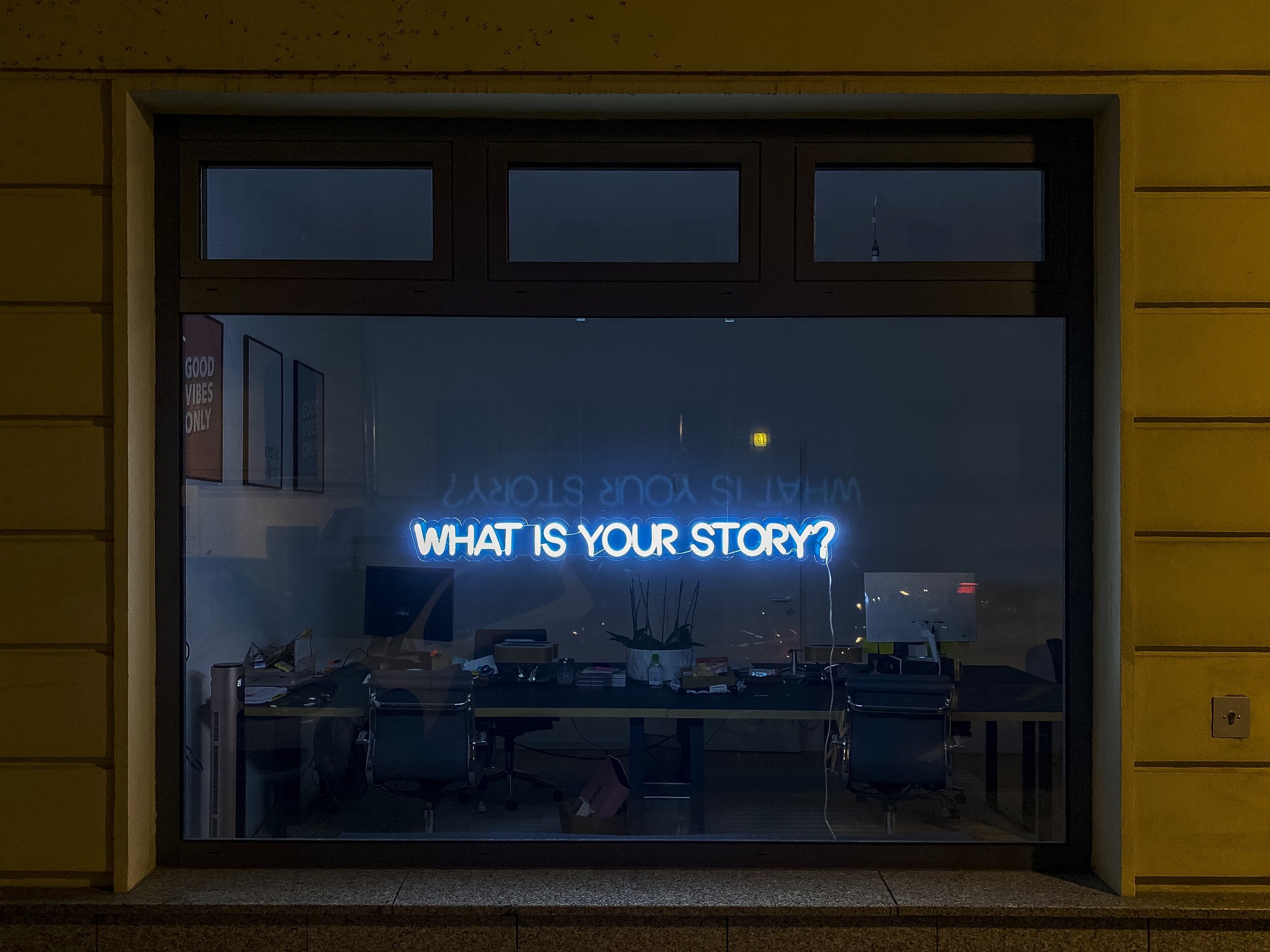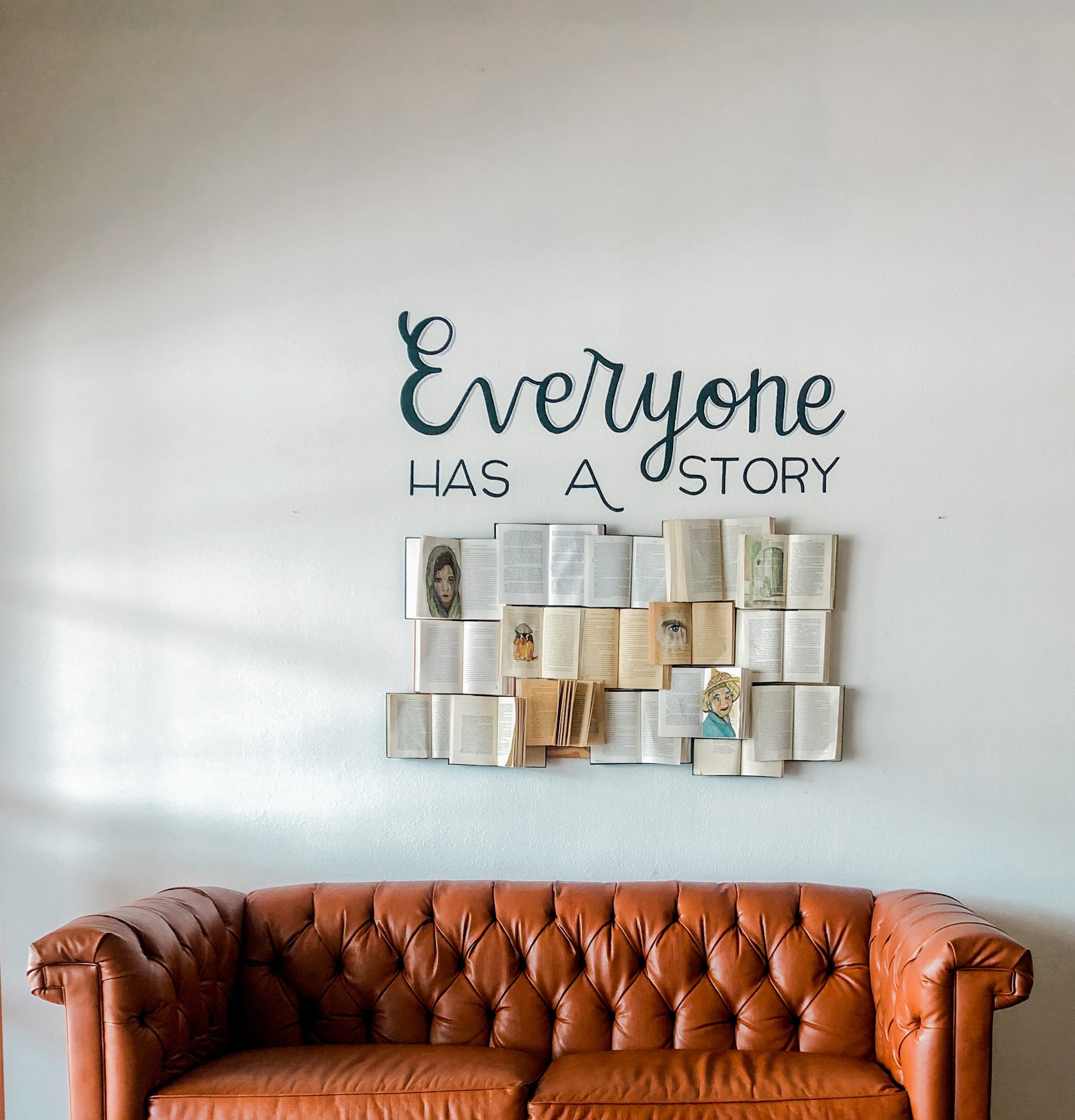Storytelling, relational inquiry, and truth-listening
by Sharon M. Ravitch and Perri Shaw Borish
Throughout March 2020 we explored research design, with a focus on theory and conceptual frameworks with Dr. Sharon Ravitch as the Mentor-in-Residence.
“We seek not rest but transformation. We are dancing through each other as doorways.” Marge Piercy
We began storytelling in small moments: between work and kids and our calls on the way to and from meetings and family activities. We whispered quietly on sidelines at games and events, showed up for each other at community fundraisers and lectures, and, over time, our whispers grew louder, our conversations grew longer and deeper, we began totell stories that became breakthrough narratives that became counter-narratives to the deficitizing grand narratives that we as mothers turned on ourselves, usually daily, and in ways that were often invisible to us until we spoke them out loud. Over time, through sharing our real-time stories of mothering and learning from each other’s motherhood experiences, our sideline conversations became figural in our personal and professional growth. We told each other stories about our mother-experiences over many seasons; and over time, these stories have become woven into more constructively critical narratives that have helped us to challenge our own and each other’s internalized beliefs and mythologies about ourselves as mothers and as women.
Storytelling and Reflection
Storytelling is an intentional approach to engaging self-reflection and cultivating awareness as well as for learning in relation to the experiences of others; the intentional process of telling and listening to our individual and collective stories helps people make sense of our lives, stances, beliefs, and the broader social, cultural, and political spheres that shape them. Storytelling is a means of learning, confirming and contesting reality, building and preserving community, and conveying knowledge, values, beliefs, and emotions; it allows us to engage in contextualized self-reflection and to become constructively self-critical. Through sharing and taking in stories, which become narratives over time, we can identify, reflect on, and reexamine what we know, believe, and feel. Further, we can explore and challenge the meaning and validity of the information we have, reflect on our own actions in terms of their root motivations and contextual mediators, and reflect on the ways that context and history inform patterns in the present.
Storytelling is a powerful tool for learning and growth because the process of telling stories in intentional, reflexive, and relational ways helps us to co-create the conditions for understanding our own and others’ ways of thinking, feeling, and being, and over time, to make sense of the broader social, cultural, and ideological contexts that shape our experiences in the world.
Relational inquiry through storytelling
For us, this kind of relational inquiry through storytelling has helped us to build counter-narratives to the deficit-oriented ways that we viewed ourselves as mothers. We are able to explore and examine our belief-based behaviors, and help each other to see the socially constructed “realities” that invisibly shape our thinking, lenses, frames for our own experiences, and therefore our life choices, sense of self and possibilities as mothers and women. Circulations of values, beliefs, fears, and priorities land in us as rules to live by, love by, look at ourselves in the mirror by, self-talk by. Some are structural—in our case our white privilege which coincides with our gendered and cultural experiences as Jewish women—and some are relational, like the value our parents placed on kindness and the priority of service to others. Others, like being conciliatory and not seeming too “needy” or taking up too much space as girls, taught to us through a range of childhood experiences (like most of our female friends), served to keep us outside of our true needs, away from our mostauthentic selves. Worse yet, they led us to deem ourselves weak for having needs in the first place. And so we needed in silence and deemed ourselves deficient as mothers—until we decided to unfold each other through learning to unfold ourselves.
The poet, Rainer Maria Rilke, writes that there is great value in choosing to “unfold” aspects of ourselves that remain hidden, even to us, and therefore conceal parts of us, constraining our ability to live honestly and in more authentic relationship with others. In his poem, “I Am Much Too Alone in This World, Yet Not Alone,” Rilke (2001) states, “I want to unfold. Nowhere I wish to stay crooked, bent; for there I would be dishonest, untrue.”
Truth and Stories
Through stories—narrated in ways that allow us to speak to layers of our experiences with freedom—our conversations allow us to reach into vulnerable spaces—our individual experiences and feelings and our perceived failings and missteps, the kinds of things mothers are often too ashamed to share. We’ve learned to think and talk ourselves out of mother-boxes we didn't even know we were in, which has supported a considerably more grounded and authentic kind of self-development and validation. We realized only recently that storytelling, relational inquiry, and truth-listening are the values-based practices that drive us both as integrated approaches we’ve cultivated across our seemingly different careers. Respectively, we are both truth-listeners who work to understand the arc of stories and the ways that stories become internalized narratives through relational inquiry over time.
Muriel Rukeyser, in Out of Silence, wrote “My lifetime listens to yours.” This is the guiding ethic of our respective work as a therapist and clinical supervisor focusing on maternal and reproductive mental health (Perri) and qualitative researcher focused on assets-based, participatory community development (Sharon)—we place a primacy on the value listening deeply and in critical, contextualized ways to our clients and research participants. Relatedly, we view dialogic engagement—structured and intentional dialogue focused on constructively critical thought partnership (Ravitch & Carl, 2020)—as an empathic portal into lived experiences, understanding that we need to work with humility to understand each person’s life ecology in contextualized ways that do justice to the complexity of their lives, identities, and choices. Given our holistic orientation to our work, we know that our engagement with clients and participants naturally informs our version and vision of our own lives—or, in other words, that our lifetimes can listen to, and grow, from each other in a kind of dialectic of mutual influence that leads to reciprocal transformation (Nakkula & Ravitch, 1998).
For example...
Below is a blogpost that speaks to the kind of relational, assets-based perspective-taking and healing that relational storytelling can enable. Perri’s post captures the idea that through meaningful, authentic dialogic engagement, something new and liberating comes to be, something that can help us to grow our empathy and compassion—for ourselves, each other, and then out into the world.

This exemplifies the layeredand intersecting ways that we grow as women and professionals. As Paulo Freirehas said, “For apart from inquiry….individuals cannot be truly human. Knowledgeemerges only through invention and re-invention, through the restless,impatient, continuing, hopeful inquiry human beings pursue in the world, withthe world, and with each other.” For us, relational inquiry, storytelling, andtruth-listening is an agentic and transformational path forward in our friendships, mothering, andprofessionally as we mentor, supervise, and teach the generations of women comingafter us.
References
Rilke, R. M. (2001). (A. S.Kidder, Trans.). The book of hours: Prayers to a lowly god. Evanston,IL: Northwestern University Press.
Ravitch S.M. & Carl, M.N. (2020). (2nd Ed.) Qualitative research: Bridging the conceptual, theoretical, and methodological. Thousand Oaks, CA: Sage Publications.
Nakkula, M.J. & Ravitch, S.M. (1998). Matters of interpretation: Reciprocal transformation in therapeutic and developmental relationships with youth. San Francisco, CA: Jossey-Bass.























Conditions in the world are changing, so researchers need to be responsive to participants. Find a practical, thoughtful post from Dr. Sharon Ravitch.